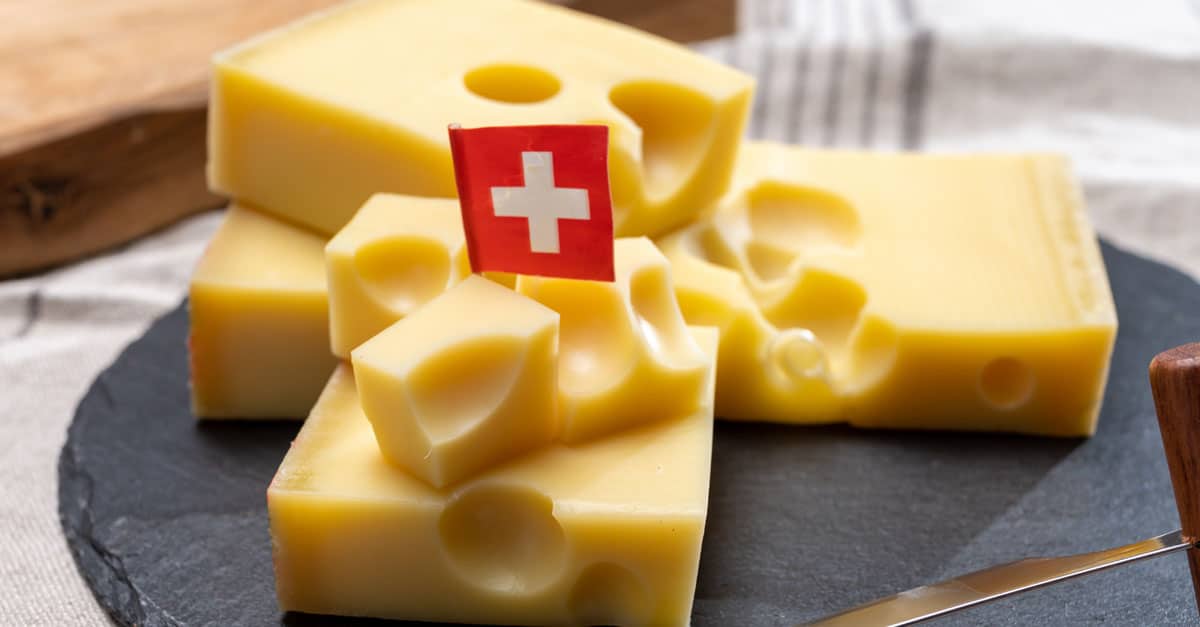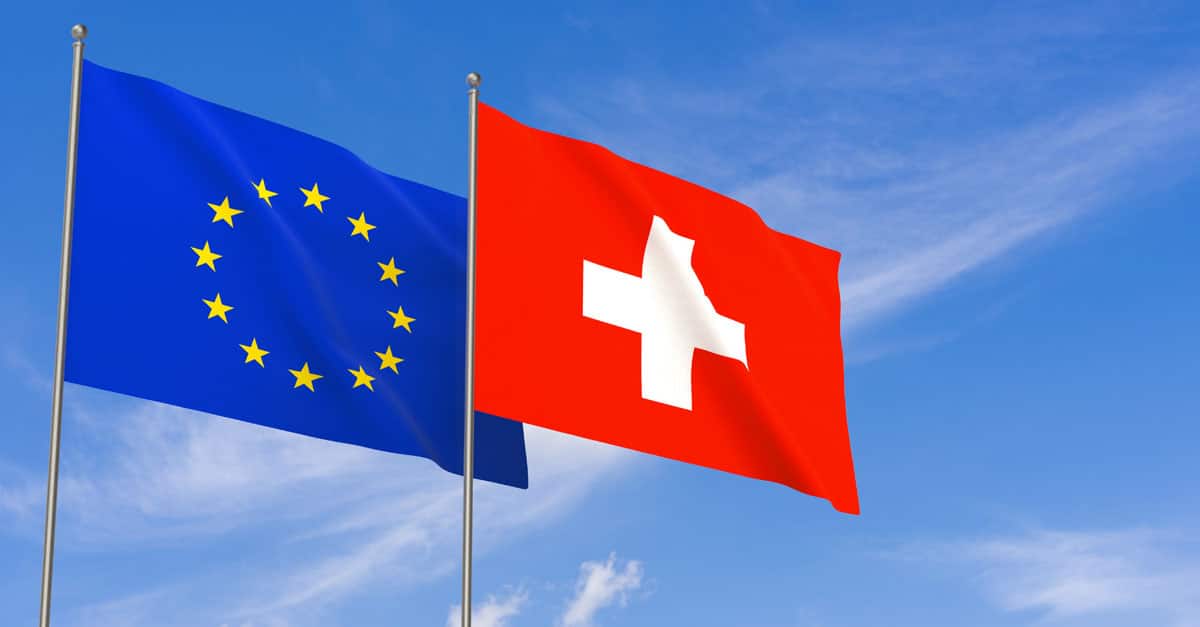History of an Iconic Product
As the name suggests, Swiss Emmental has its roots in Switzerland, more precisely in the canton of Bern in central Switzerland. It was there that it was first made from cow’s milk in the Emme Valley in the 12th century. According to legend, a young alpine dairyman wooed his sweetheart until an old gnome gave him the recipe for a special cheese. Following the recipe, he made this special cheese, which eventually helped him win the heart of his beloved.
At that time, however, the hard cheese was only produced in small quantities for personal consumption by the mountain farmers in the summer. However, the cheese became more and more popular, and by the 16th century, it was already being sold and distributed in other regions. This is how the first written mention of Emmental cheese came about in 1557. Then, at the beginning of the 19th century, the first talc cheese dairies were established in Switzerland, which naturally led to further expansion and the wholesale trade in it. Apart from the mechanisation processes, no significant changes have been made in the production of Emmentaler in the last 100 years.
Strict Regulation for Best Quality
Through the association of cheese traders as well as producers and the federal government, the “Swiss Cheese Union” was founded in 1901 monitoring the production and sale of Emmentaler. Nowadays, some producers can protect themselves with the AOC (Appellation d’Origine Contrôlée) label. Only a few can boast an AOP (Appellation d’origine protégée), which is a protected designation of origin and may only be produced in a very narrow area in Switzerland. Another important difference between AOP and AOC is that with the AOC, the cantons are responsible for setting the requirements. Whereas with the AOC, the Confederation is responsible.
An example of an AOC is “Emmentaler Schwitzerland”. This trade organisation had therefore also tried to register the Emmentaler as a trademark in the EU and thus protect it. However, the EU court rejected this on the grounds that an Emmentaler does not necessarily have to come from Switzerland, on German markets, the name describes a type of cheese rather than a region of origin.
Wealth Aggregation: Simple, Dynamic, and Secure Beyond Compare. Discover the Altoo Wealth Platform!
No matter what Swiss Emmental is called, no one can take away its history or its uniquely hearty, spicy taste. It is and remains a classic that cannot be missed as a snack, at the buffet, or as a side dish.













